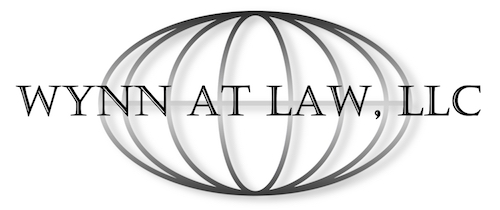What happens in the State of Wisconsin when you die without an estate plan?
Intestate Succession:
When someone who lived in the state of Wisconsin dies without an estate plan, they are said to have died “intestate” and are thus entitled to the state’s laws of intestate succession. In other words, the state decides what to do with the decedent’s property. This is why consulting an estate planning attorney is important if you would like to have a say in where your assets go after you pass.
Intestate succession is often referred to as “probate” which also refers to the distribution of the decedent’s estate. However, intestate succession refers more specifically to the pattern of distribution of the decedent’s estate to their heirs and who qualifies as an heir.
There is a common misconception that the property of those who die without a Will goes entirely to the state. This is only true in rare circumstances; Wisconsin uses this as a last resort when the state cannot identify any of the decedent’s heirs or family members. Part of the reason why this is so rare is because the state can usually identify at least one heir – even if that person is a distant cousin the decedent never met. The next paragraph outlines how Wisconsin identifies which heirs inherit.
Who receives my property and in what order do they receive it, if I die without a Will?
The pattern of intestate succession in Wisconsin starts with spouses – if you die without a Will, but you are married, then your surviving spouse receives everything. This is true even if you die with both a surviving spouse and surviving minor children, as the state presumes that your surviving spouse will use the inherited assets for the benefit of the children. This could result in an unfortunate situation in which your surviving spouse does not share the estate with your surviving children, leaving your children with no inheritance and no legal remedy.
If you pass with no surviving spouse nor surviving children, then the State of Wisconsin looks up your family tree to find your next heirs, which are your parents and/or your siblings. However, if you pass with no surviving parents nor siblings, then your estate will be distributed to your surviving grandparents. The probate process will continue along your family tree until a relative, no matter how distinct is found. Finally, if the state cannot identify any of your family members, then your entire estate will “escheat” or “go to” to the State of Wisconsin and will be added to the Wisconsin’s school fund.
Throughout this entire pattern, there are quite a few nuances. For one, the “issue” (legal term for children) of your heirs can inherit a deceased heir’s share by “right of representation.” For example, if you pass with no surviving spouse, children, or parents, but you have a surviving brother and a deceased sister who has a surviving child (this would be your niece or nephew), then your niece/nephew can inherit your sister’s share by right of representation. In this scenario, your niece/nephew would receive half your estate and your surviving brother would receive the other half of your estate.
Other nuances to consider include: children from a previous marriage, children who have been adopted by an heir, and many other family relationship questions. The unpredictability of the intestate succession process can result in the deceased’s assets going to a family member that the decedent has not spoken to in years or may have never even met.
What is included in the probate estate:
Another nuance to intestate succession regards what property is even included in the probate estate. Probate property is all property the decedent owned solely or as a tenant in common at the time of passing. Property owned jointly is not included in the probate estate because it transfers to the surviving joint owner. Non-probate property includes any of the decedent’s assets that have a payable on death or transfer on death designation, such as life insurance, retirement accounts or bank accounts.
How does the intestate succession process start?
For the intestate succession process to begin, someone must open a probate case. To do so, it must first be decided whether an informal or a formal probate will be opened. This is a legal decision that should be made with the assistance of an attorney as the decision can depend on numerous factors. Examples of factors to consider include the size of the estate, the number of claims or creditors against the estate, the ease of contacting interested parties, and the ease of determining who the heirs are.
Schedule a Consultation with Wynn at Law, LLC to Assist with the Probate Process
Contact Wynn at Law, LLC today for a consultation at 262-725-0175 or visit our website’s contact page. Wynn at Law, LLC is based in Southern Wisconsin and has offices conveniently located in Salem, Delavan, and Lake Geneva, Wisconsin.

